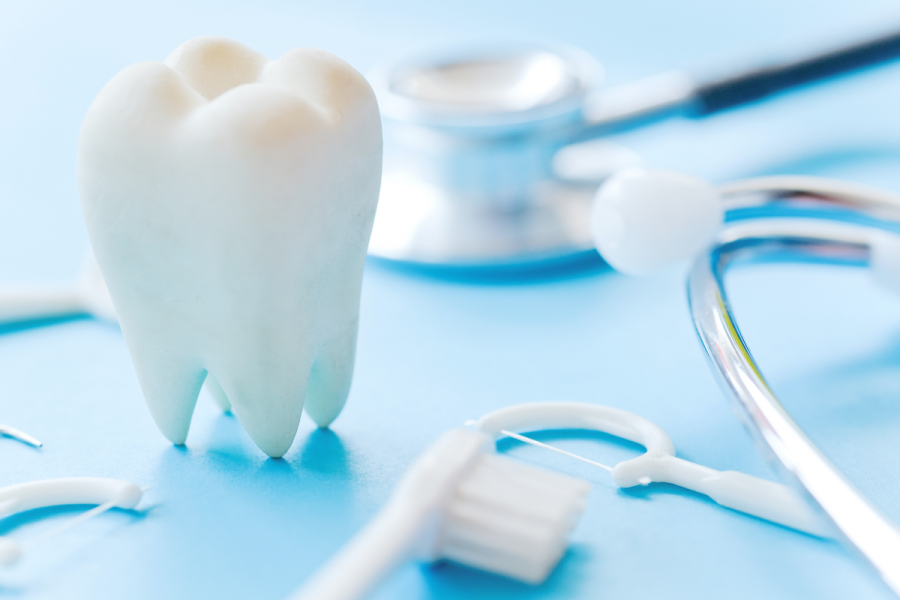The potential for dental implants in St. Albans serving an extended length of service is just one of the many sought after benefits that promote this type of restorative dental treatment (that also extends into cosmetic dentistry) as an ideal choice. Conventional dental instruments used to replace missing teeth almost always require replacing after a while – this is usually around the five to ten year mark. With replacement metal tooth roots that are implanted into the patient’s mouth, the shelf life is much higher and survival rates of 95.4 per cent surpassing the ten year time frame are more the norm than the exception.
A patient’s responsibilities around oral health maintenance and the steps a dental practitioner takes to ascertain oral health during consultation play instrumental roles in securing the success rate of artificial tooth implants.
Factors relating to implant survival rates
- Dental health must be assured
The consultation appointment is the first stage that sets up the foundations of successful implantation. It is the dental practitioner’s ethical responsibility to determine dental health which is the first and foremost criterion that needs to be met with. For a patient to be given the proverbial thumbs up for the go ahead for a tooth root implantation procedure, gum health has to be guaranteed in addition to the patient having sufficient jawbone density. If dental health is not satisfactory the dental practitioner will suggest measures and treatments to address concerns first before proceeding with implantation treatment.

- Professional dental care at specified intervals
Patients believing that because tooth implants are constructed out of artificial materials that these are not at risk of failure could not be more wrong. There is potential for implant failure if dental conditions deteriorate. Problems with gum health can be subtle at first but this progresses to advanced stages if professional dental care is not sought. Dental practitioners advise on the importance of scheduled dental check-ups for good reason – they are best placed to detect worrying symptoms and propose suitable dental treatments.
Also, brushing routines at home, no matter how scrupulously carried out, are not enough to completely get rid of bacteria in the mouth. There are hard to reach places where the bristles of a brush can’t get to and when the specially designed dental instruments are much more effective.
- Optimal post-procedure recovery
One of the factors the dental practitioner will want to monitor closely is the healing period that takes place once the surgical procedure of implantation has been performed. Optimal healing is enhanced with good oral health. Concerns will arise if a patient smokes, as smoking is well known for hindering the ability of gums healing properly.
- Wearing of mouthguards
Patients who participate in contact sports in particular should be aware that implants can be knocked out of the mouth in the same way natural teeth do in the event of facial trauma.
The dental team at UK Dental Specialists are highly trained and experienced dental practitioners with proven competencies in performing a diverse array of dental procedures and treatments. Receive quality dental care at the hands of compassionate dentists, call your dentist now to schedule an appointment.
